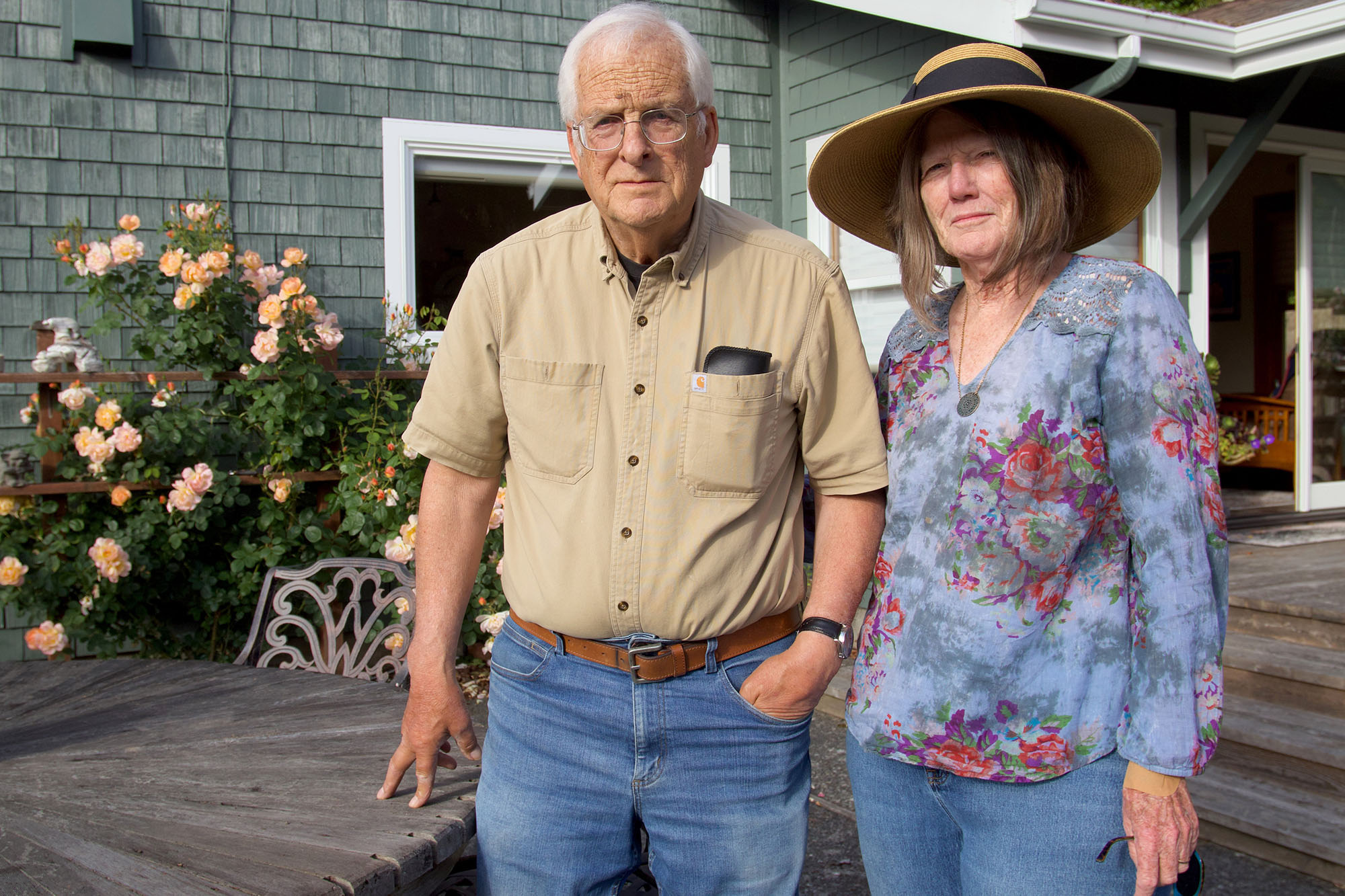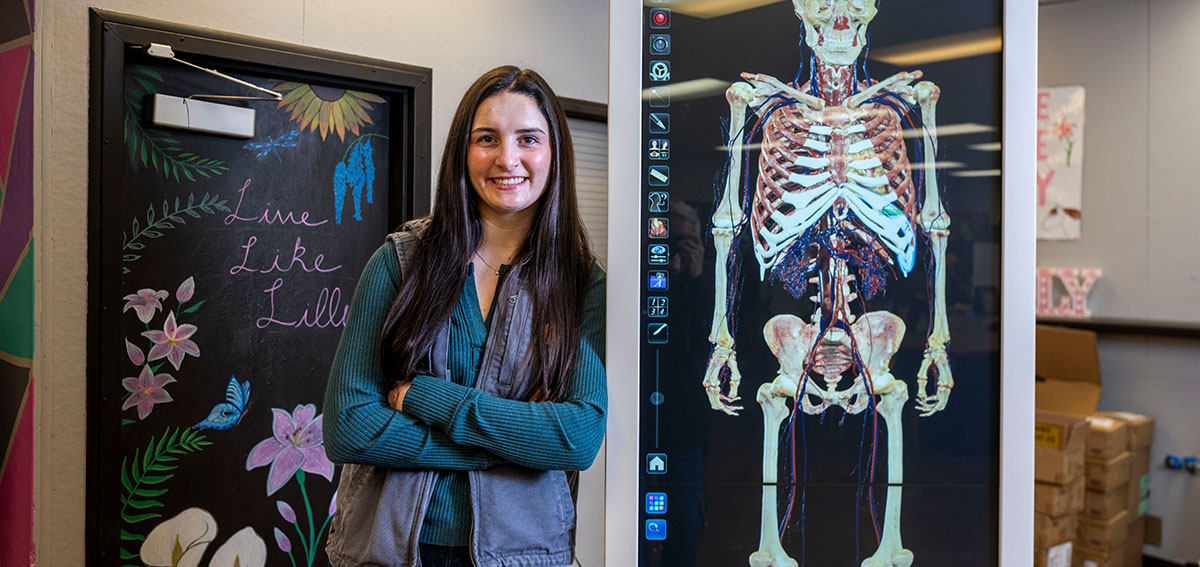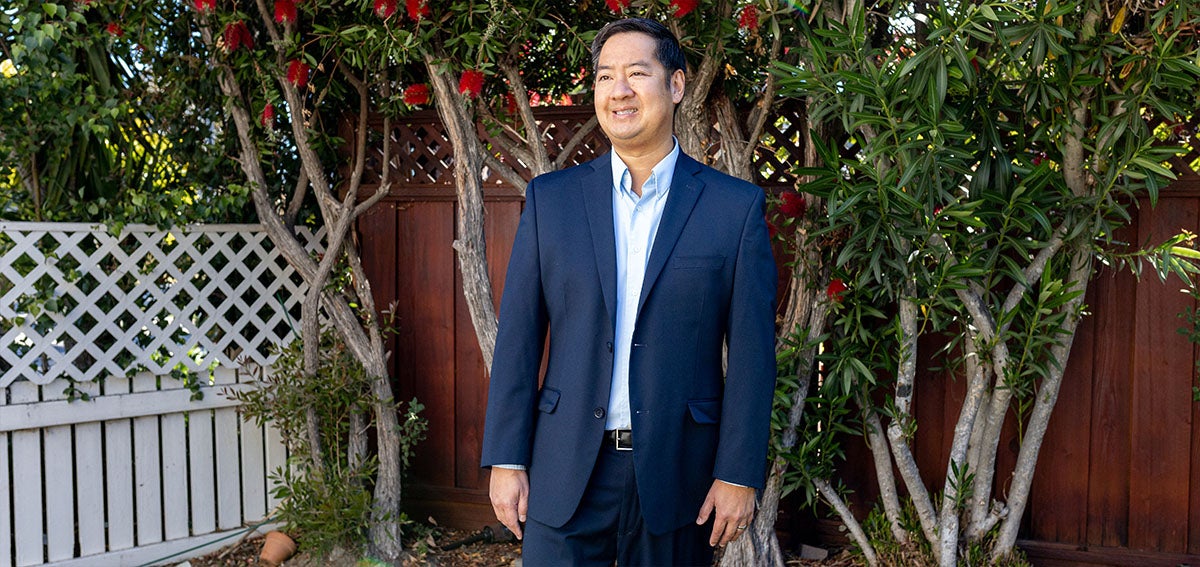
Days before the official kickoff of summer, as people ventured outside maskless for the first time, David Lin, PsyD, mused about the public health crisis yet to come.
“I think we’re just at the beginning of trying to figure out how to manage this tsunami of mental health crises that is coming down hard upon us,” Lin said. “A lot of us who were providing services, when we would hear the stories about COVID, it’s not like we had an answer that could say, ‘Oh, this is your solution.’ It was more like, ‘I really hear you, and I’ve got to tell you we’re in it together — I feel your pain.’”
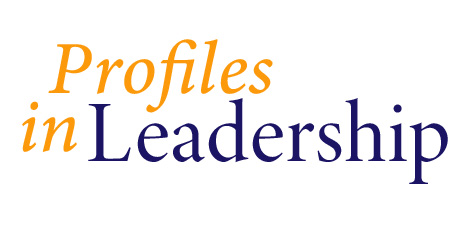
That pain was significant for Lin too. He lost both his parents to COVID-19 in a 24-hour period in June 2020.
“I couldn’t even be there,” Lin said. “I watched them as they passed on video. I attended their memorial service at the graveyard from video.”
At a time when the survivors of the 600,000 Americans who died of COVID-19 are coping with the same kind of traumatic losses from COVID-19, Lin, 49, recently became president elect of the California Psychological Association, the largest state psychological association in the country, with 3,000 members.
Painful Insight
A licensed clinical psychologist, Lin said he wanted the job because he enjoys being at the table with legislators and policymakers and doing advocacy work. His term as president begins on January 1, 2022. Lin said he plans to focus on provider self-care, patient access, and behavioral health integration — challenges that came to the fore during the global pandemic.
Join the CHCF Health Care Leadership Program
This two-year, part-time program is for clinically trained health professionals in California, including behavioral health providers, nurses, dentists, and pharmacists, with at least five years of leadership experience. Led by national experts in workforce and leadership development at Healthforce Center at UCSF, the program addresses health care issues from the perspectives of business management and public policy. Applications are open April through June each year.
The heart-wrenching loss of his parents gives him special insight into the national psyche right now. He said he was wounded by grief and, like so many others in the behavioral health workforce, overwhelmed by the number of patients seeking care.
“When the pandemic hit, all of a sudden people’s caseloads doubled and tripled, and we didn’t stop. We just kept taking on more and more,” Lin said. “If we don’t figure out how to take care of ourselves, we’re going to burn out. And if we burn out, then that doesn’t really help the clients that we serve. It doesn’t help the future where access is already really hard to find.”
He said one way to battle burnout is to encourage peer consultation groups, a forum where practitioners meet informally to discuss practice issues in a confidential setting. He said he’s working on a series of webinars to kick-start a consultation connection for CPA members.
“That model really encompasses a lot of what I call my true North,” he said, referring to his focus on improved clinician experience.
Haves and Have-Nots
Lin said he wants to ensure patients who lived through the pandemic get the help they need. “This is where the haves and the have-nots are going to become even more divided, because those who have the means are going to find help, and they’re going to be able to afford it,” Lin said. “The have-nots are really going to be struggling to find it, and that breaks my heart.”
In addition to his work with the CPA, Lin has a private practice and is head of behavioral health for a start-up called Ellipsis Health, which aims to use machine-learning techniques to listen to patients’ voices and detect speech patterns correlated with depression and anxiety. Lin’s most enthusiastic supporters include Susan P. Ehrlich, MD, MPP, chief executive officer of Zuckerberg San Francisco General Hospital and one of Lin’s mentors. “Leading an association takes a lot of emotional intelligence,” Ehrlich said. “The leader will be called upon to bring people together into a unifying whole. I think [David] could work with almost anyone.”
“If we don’t figure out how to take care of ourselves, we’re going to burn out. And if we burn out, then that doesn’t really help the clients that we serve.”
—David Lin
Alpa Sangavi, MD, chief quality and experience officer at San Mateo Medical Center, agreed. “David is such a unique leader,” she said. “He is always asking, ‘How do I get better? How do I evolve in my own leadership journey?’”
Lin calls himself a “true middle child.” He grew up in the northern suburbs of Chicago, the third in a family of four children. His mother was a homemaker until Lin was in high school, then returned to the workforce as a librarian. His father was a civil engineer.
Lin said he was a student at the University of Illinois in Chicago, considering an MBA, when he enrolled in a psychology of marketing class.
“I was like, ‘Oh my God, I love this stuff.’ I just ate it up,” he said.
Lin completed his undergraduate degree, then went on to Trinity International University for a master’s degree. Finally, he attended the Wright Institute in Berkeley for his doctorate in clinical psychology.
A Promising Intern
Lin met Ehrlich in 2004 when he was an intern at the Ron Robinson Senior Care Center at San Mateo Medical Center. She was the director of the center.
“He blossomed,” she said, and remembered him as particularly enthusiastic and ambitious, always looking for projects and opportunities.
That attitude paid off, and Lin was eventually tapped to launch a clinic at San Mateo Medical Center that integrated primary care with behavioral health. He ran the clinic until 2017.
“He is a kind, humble, and curious person with a great sense of humor, and at the same time, a wonderful leader,” Ehrlich said.
Lin has three children, ages 7, 10, and 12. He describes his wife, Mimi Lin, a gastroenterologist, as a stabilizing force. “I have to give a lot of credit to my wife, who kept me going when things were really tough but also celebrated the hell out of things with me when things went well,” Lin said. Lin said his acceptance into the CHCF Health Care Leadership Program in 2015 was “transformational.” Ehrlich encouraged him to apply and suggested he “think big.”
The program is a two-year part-time fellowship that offers clinically trained health professionals the experience and skills for effective vision and leadership in the health care system. His fellowship focused on depression screening and connection to behavioral health services for primary care patients.
“Deeply Special”
“There is something deeply special about the fellowship,” Ehrlich said. “Really, you learn a lot about yourself as a human and a leader. And you have access to an enormous group of alumni.”
Lin agreed. After the death of his parents, he shared his painful news with his leadership program cohort.
“I was just at a complete loss,” Lin said. “So I wrote something about my parents, and I shot it out to my cohort. And the response was just overwhelming. Just the love that was poured back. People calling me and people sending books to encourage me. And I was like, ‘Wow, I did not expect that level of response.’ But that was huge. And again, probably one of the big assets that helped me get through that really difficult time was Cohort 15.”
Sangavi said Lin excelled as lead psychologist at San Mateo Medical Center, a hospital that serves many patients living below the poverty line. More than half of the hospital’s clients are enrolled in Medi-Cal, the state’s Medicaid program.
“It is not easy for this population to open up,” Sangavi said. “You need special skills to talk to these patients, to ask, ‘What are you thinking? What are your fears? What are your worries?’”
Lin said he hopes technology will make behavioral health more accessible. The company he is working with, Ellipsis Health, alerts a primary care physician if a patient’s voice patterns indicate possible depression.
“As behavioral health clinicians, we’re listening to what’s being said, we’re listening to how it’s being said, and we’re watching the body language of our clients in front of us,” Lin said. “So what Ellipsis is doing is really listening to the words that the patient is speaking and how it’s being said. “In real time, it’s analyzing that and pushing an alert to the primary care doctor that says, ‘Hey, you may want to ask about behavioral health or depression or anxiety.’”
The mental health “tsunami” worries Lin. But he knows hardships can be navigated. He said he’s preparing.
“We need behavioral health folks who are willing to go through a change for themselves, like I went through, to invest in their own institutions, and then to think big and broad,” he said.
Authors & Contributors
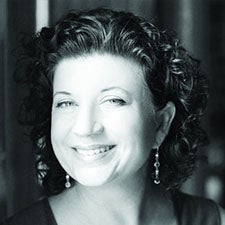
Kelly Wolfe
Kelly Wolfe is a freelance writer living in Florida. She has been a staff writer for the Palm Beach Post and the Philadelphia Inquirer and has written for Boca Raton magazine, Florida Table magazine, and CBS News.

Constanza Hevia H.
Constanza Hevia H. is a Chilean documentary photographer and filmmaker. She documents visual stories focused on social and cultural issues. Constanza uses photography, audio, and video as tools for social observation and as a language to communicate narratives that usually are not represented in mainstream media and society.
Based in both San Francisco and in Chile, she is a member of Women Photograph, Foto Féminas, and Diversify Photo. She works for a variety of nonprofits and organizations with social justice missions. Her work has been published in the San Francisco Chronicle, The Guardian, and the Wall Street Journal, among others.

